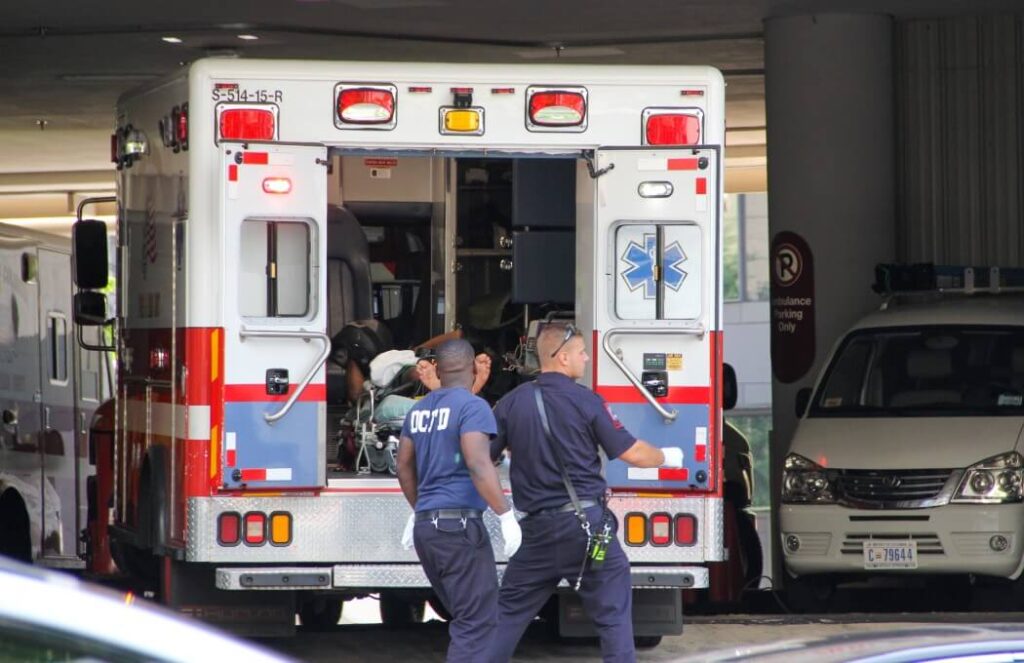When processing the death of a loved one caused by someone else’s bad choices, you need skilled legal representation to advocate for your—and your late loved one’s—interests in the judicial system. Below, we lay out the basics of filing a wrongful death suit in Massachusetts.
The Basics of a Wrongful Death Suit
In general, whenever a living person could file a personal injury suit on behalf of himself or herself, the estate of a deceased person may file a wrongful death claim. As specified in Massachusetts General Laws Chapter 229, Section 2, the Commonwealth defines a “wrongful death” as a death caused by:
- Negligence
- A “willful, wanton, or reckless act”
- A breach of warranty
Workplace deaths and deaths which occur on or near railroad or streetcar tracks are excluded from this legislation. There are a number of circumstances which could result in a death and a subsequent wrongful death suit. These may include medical malpractice, incidents of negligence (commonly car accidents), or even an intentional act (including crime).
The statute of limitations—essentially the time limit in which one may file a wrongful death suit in Massachusetts—is either three years from the date of death or three years from the executor of the decedent’s estate learning that there may be a basis for a wrongful death suit. Two categories of damages are available for plaintiffs in a wrongful death suit: compensatory and punitive.
Compensatory Damages
Compensatory damages, as the name would suggest, aim to “compensate” for a wrongful death by putting a dollar value on costs associated with the death, future income lost because of a death and, potentially, the emotional toll of losing a loved one.
Also called “monetary damages,” economic damages seek to provide a dollar-to-dollar compensation for tangible expenses and costs that have already been assigned a financial value. These may include bills for hospital and doctors’ visits, funeral expenses, lost wages since the time of the decedent’s death, and even lost potential wages from the time of the decedent’s death until retirement.
Non-economic, or “non-monetary,” damages are more difficult to calculate because they seek to provide financial compensation for immaterial losses such as pain and suffering or loss of consortium, which is the loss of emotional support and companionship resulting from the death of a spouse.
Punitive Damages
While compensatory damages seek to make up for what was lost to the plaintiff, punitive damages seek to punish the defendant for their conduct as a deterrence from future irresponsible behavior. While personal injury plaintiffs in Massachusetts cannot recover punitive damages, wrongful death plaintiffs may if a jury finds that the defendant’s conduct was “wanton and reckless.”
Next Steps
If you are wondering how you will emotionally cope with a loved one’s wrongful death while also dealing with the legal system, call our office. Our skilled, compassionate attorneys will allow you to grieve while we pursue the damages you are owed.

